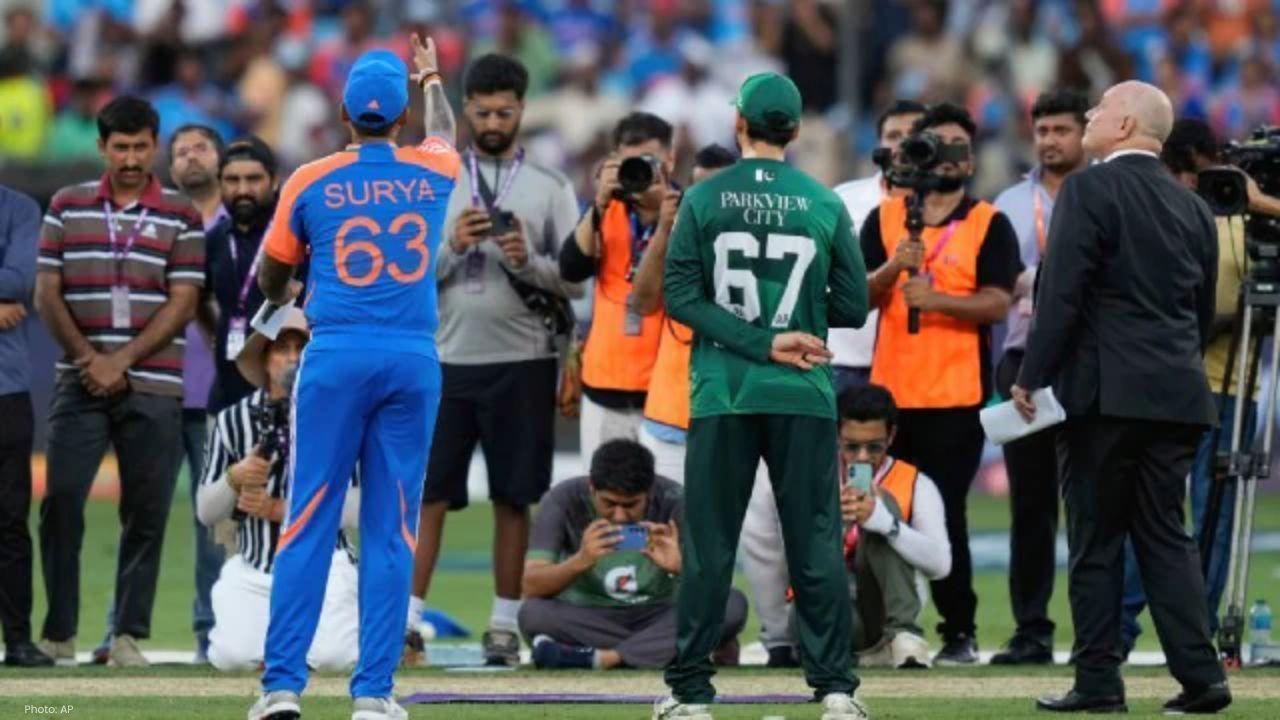
Post by : Mumtaaz Qadiri
The Asia Cup clash between India and Pakistan was played on Sunday in Group A. It was the first cricket match between the two nations since the short military conflict that took place in May. Both countries are nuclear-armed and share a long history of rivalry, both on and off the cricket field. India won the game by seven wickets, but the post-match events drew more attention than the actual result.
No Handshakes Between The Two Teams
Traditionally, players and captains from both sides shake hands at the toss and again at the end of the game. However, in this politically sensitive match, no such gestures took place. Neither the captains shook hands before the match, nor did the players exchange handshakes at the end of the game. This absence of a handshake highlighted the deep political and emotional tension between the two sides.
Pakistan’s Reaction To The Incident
Pakistan’s head coach Mike Hesson openly expressed disappointment about India’s decision to avoid the handshake. He said that Pakistan was prepared to follow tradition and shake hands after the game, but India’s players walked off into the dressing room before the Pakistani side could approach them. According to Hesson, this left his team disappointed as they had come ready to extend a sporting gesture despite their own disappointment over the loss.
Coach Hesson Calls It Disappointing
In his statement to reporters, Hesson explained that his team went forward to show respect and maintain sportsmanship, but the opportunity was cut short because the Indian players left quickly. He described the moment as a disappointing way to end the game. The coach also admitted that his team was already unhappy with their performance in the match, but the lack of a handshake made the ending more painful.
Pakistan Captain Skips The Presentation Ceremony
The frustration over India’s refusal to shake hands was also visible in Pakistan captain Salman Agha’s actions. He decided not to attend the post-match presentation ceremony. Hesson explained that this decision was influenced by India’s gesture of avoiding the handshake. It was seen as a “follow-on effect” of the entire incident. His absence at the presentation raised questions among fans and cricket experts about whether sportsmanship had been sacrificed to politics.
India Explains Its Side
India’s captain Suryakumar Yadav, on the other hand, defended his team’s decision. During the presentation, he dedicated India’s victory to the country’s armed forces. He also expressed solidarity with the victims of the April 22 attack in Indian Kashmir, an incident that had triggered the latest round of military conflict between the two nations. This showed that India linked its cricketing decision directly with the political and emotional situation back home.
Victory Dedicated To The Armed Forces
Suryakumar’s statement underlined that the Indian players were not simply acting as sportsmen but also representing the national sentiment. By dedicating the victory to the armed forces, he made it clear that the team’s actions were influenced by respect for the soldiers and the broader conflict. This statement was both patriotic and political, adding further fuel to the debate over whether sports should remain separate from politics.
India’s Post-Match Press Conference
At the post-match press conference, Suryakumar explained that the team’s actions were aligned with both the Indian cricket board and the government. He said that the players had taken a collective decision not to shake hands. He further stated, “We came here to just play the game. We have given a proper reply.” His words made it clear that the refusal was meant to send a strong symbolic message to Pakistan.
Bilateral Cricket Still Suspended
India and Pakistan have not played a bilateral cricket series since 2013. All matches between the two sides now happen only in multi-nation tournaments such as the Asia Cup, World Cup, or Champions Trophy. The absence of regular bilateral series is a direct result of the ongoing political disputes, military conflicts, and diplomatic breakdown between the two nations. Cricket, which once served as a bridge, now mirrors the hostility between them.
Match Went Ahead Despite Boycott Calls
Before the Asia Cup clash, there were strong calls within India to boycott the match entirely. Many political groups and sections of the public felt that India should not play Pakistan under the current circumstances. However, the game went ahead as scheduled, largely due to the rules of the Asia Cup tournament which required the two teams to face each other in the group stage.
Chances Of Meeting Again In The Tournament
The Asia Cup is not over yet, and both teams could meet again in the later stages. Depending on results, India and Pakistan could face each other twice more, including in the tournament’s final on September 28 if both qualify. This possibility makes the situation even more tense, as fans and players wonder whether the handshake issue will repeat itself in future encounters.
Sportsmanship Versus Politics Debate
The incident has reignited the old debate about whether sports should remain separate from politics. Many believe cricket should promote peace, friendship, and sportsmanship, especially in regions with political conflict. On the other hand, some argue that players represent their nations and cannot ignore political realities. India’s decision not to shake hands was praised by some as a bold and patriotic act, while others criticized it as a violation of sporting spirit.
Media And Public Reactions
The media in both countries gave the incident huge coverage. In Pakistan, the focus was on disappointment and frustration at what they saw as unsporting behavior. In India, however, many voices supported the team’s decision, saying it reflected national pride and solidarity with the armed forces. Social media was also divided, with heated discussions among cricket fans across the region.
The Bigger Picture Of India-Pakistan Relations
Beyond cricket, the handshake controversy highlights the fragile state of relations between India and Pakistan. Even a simple act of sportsmanship such as shaking hands is now loaded with political meaning. This situation reflects the larger mistrust and hostility between the two neighbors. Until broader political solutions are found, such symbolic clashes are likely to continue in sports.
As the Asia Cup progresses, fans will be watching closely to see how the teams interact if they meet again. Will India continue to avoid handshakes? Will Pakistan respond in a different way? These questions remain open and add extra layers of tension to already high-profile matches. Cricket, once seen as a unifying game, is now being used as a stage to display national pride and political messages.
India Pakistan Cricket, Asia Cup Match, Handshake Controversy Sports
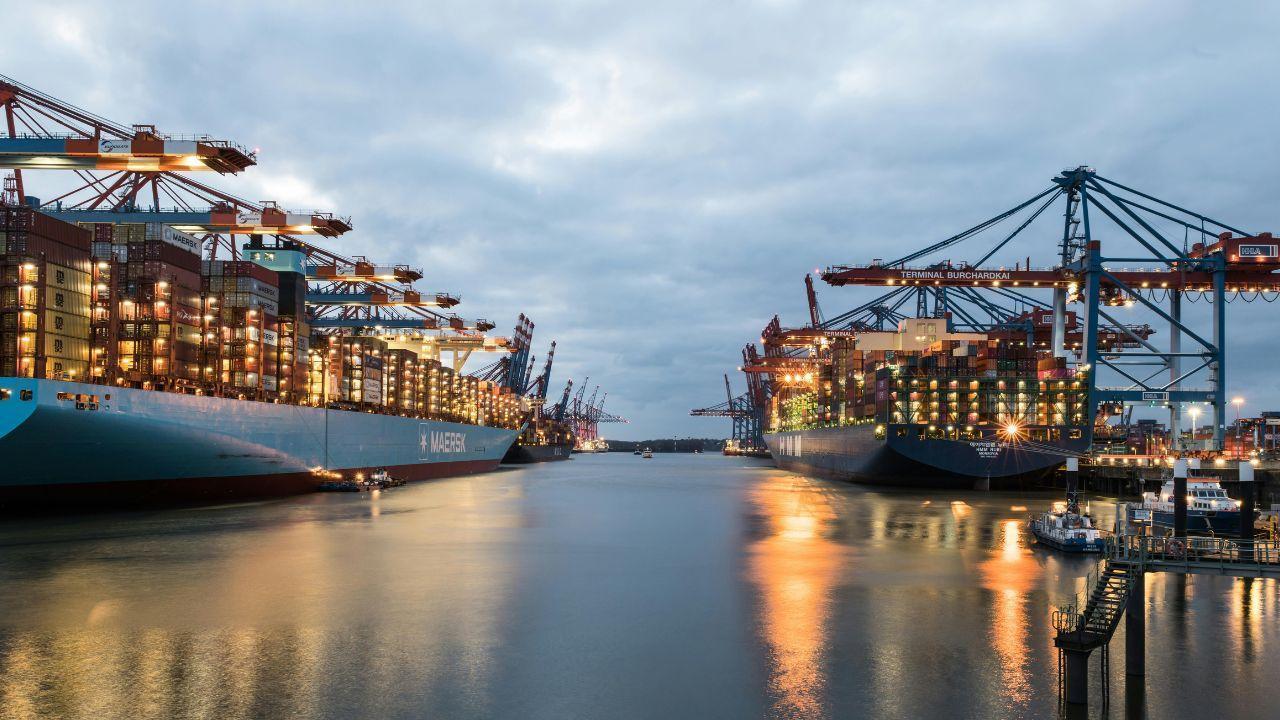
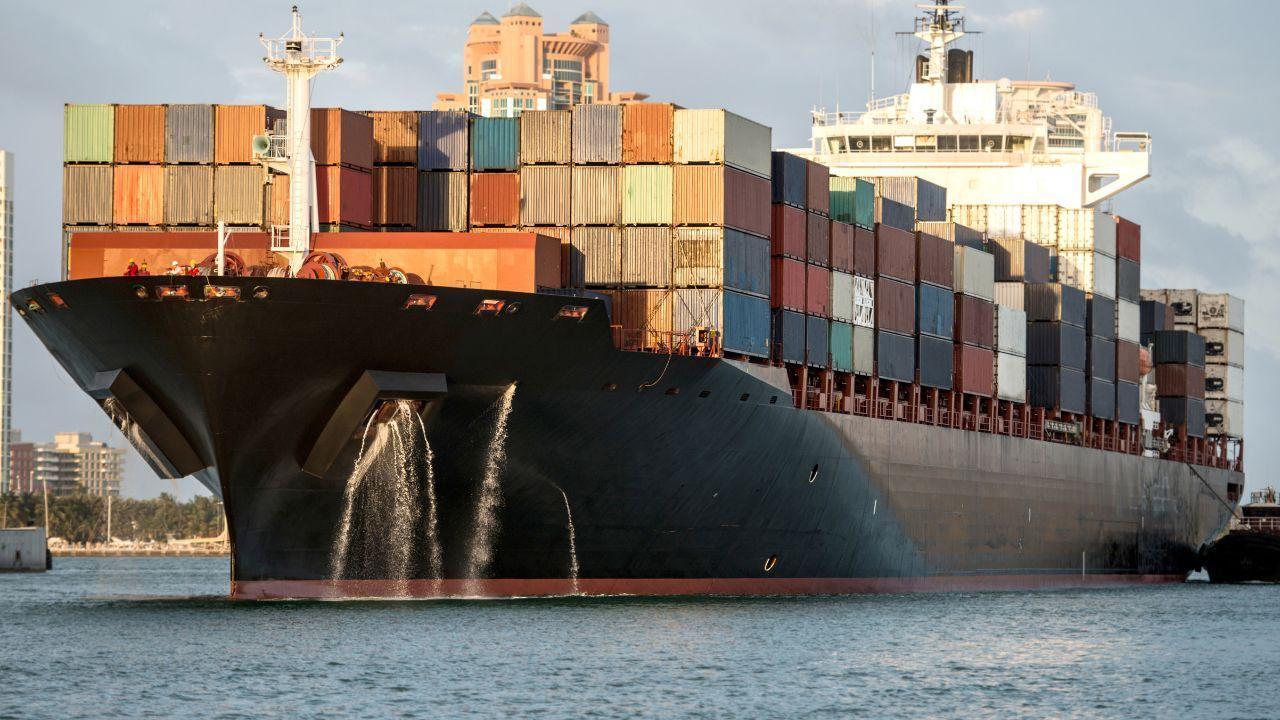
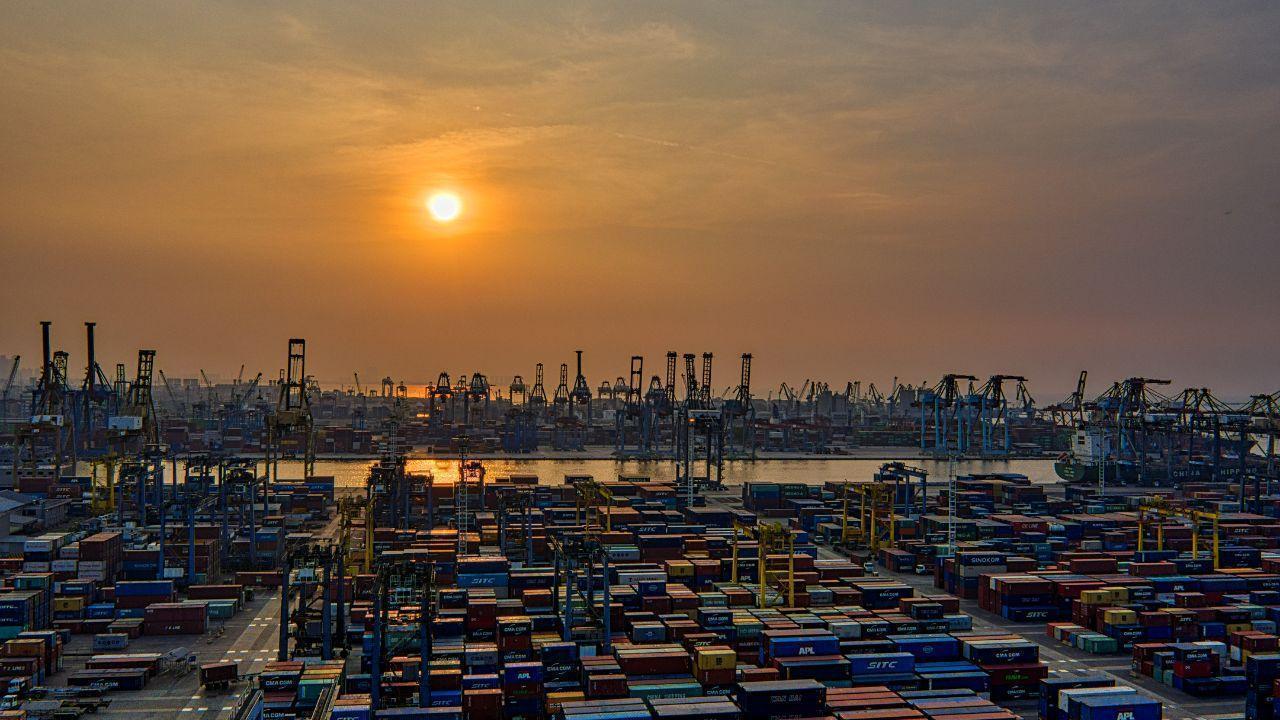

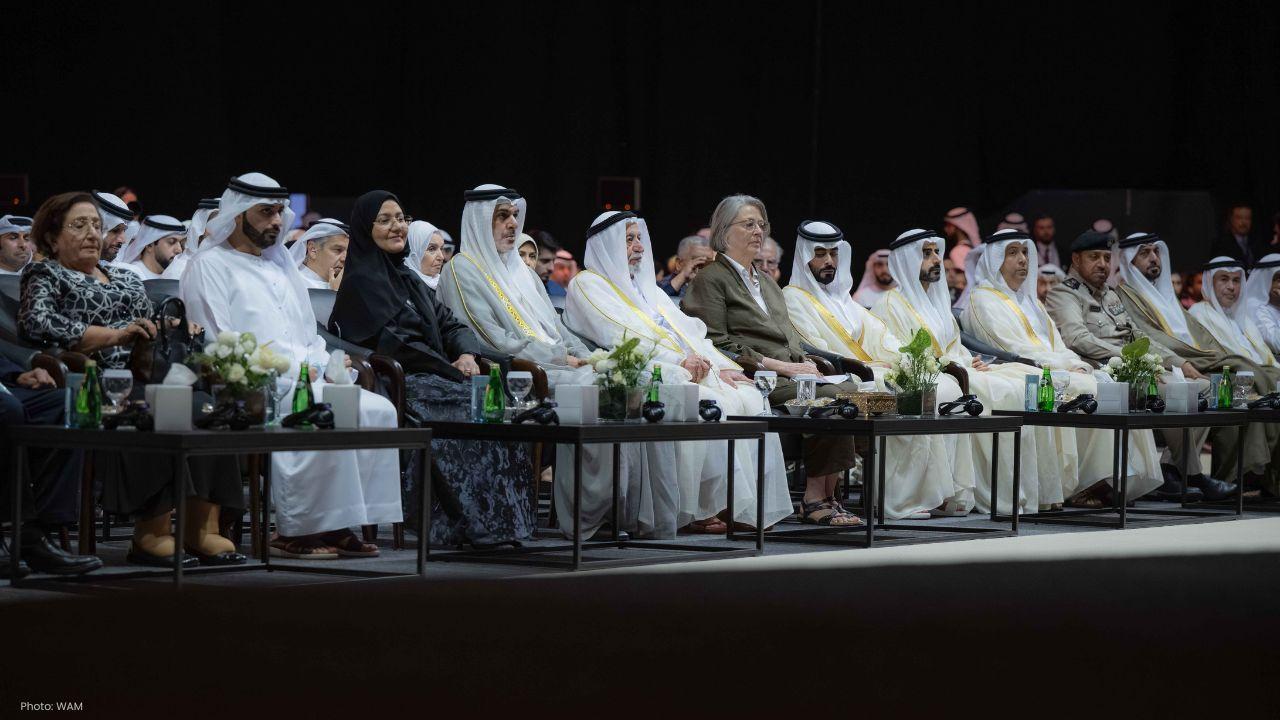
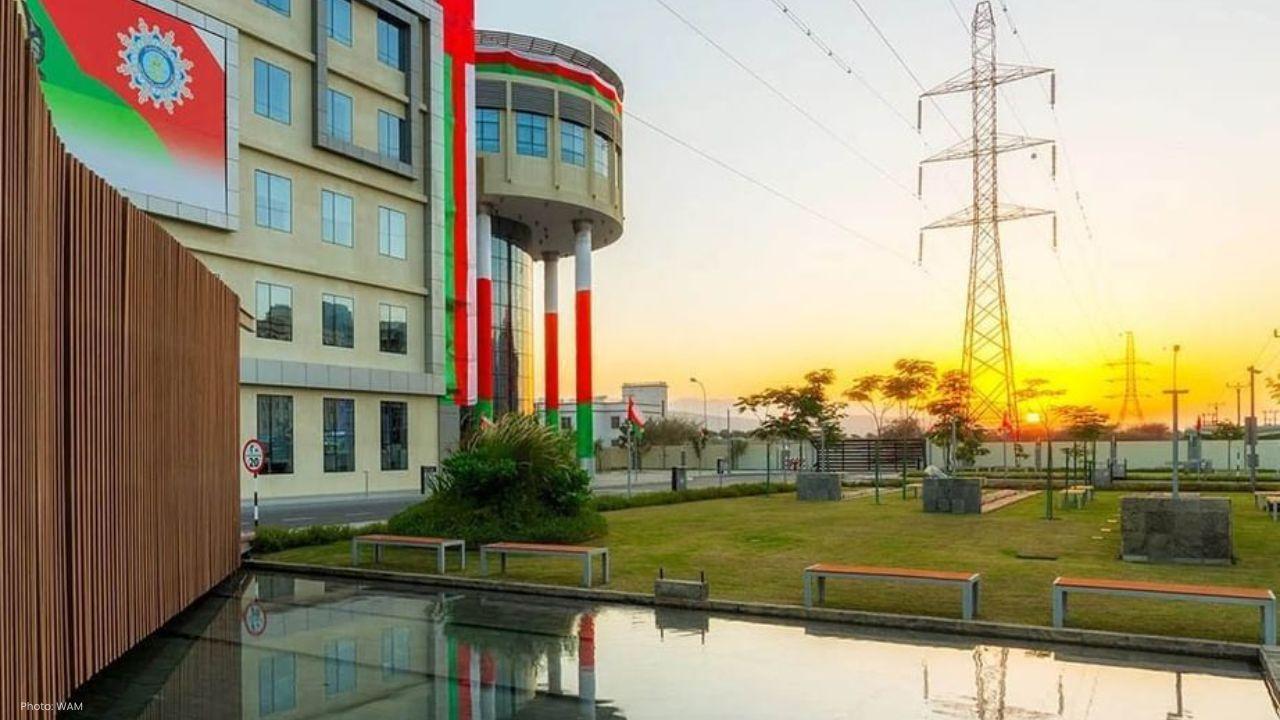
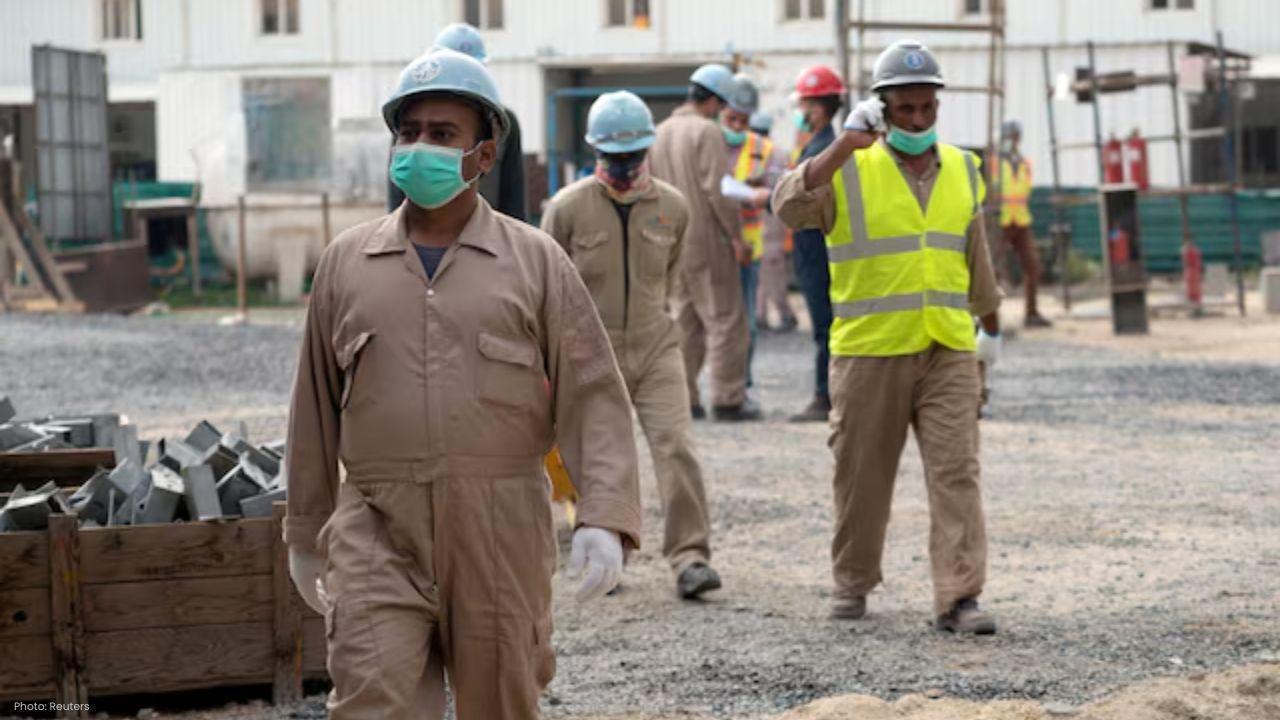
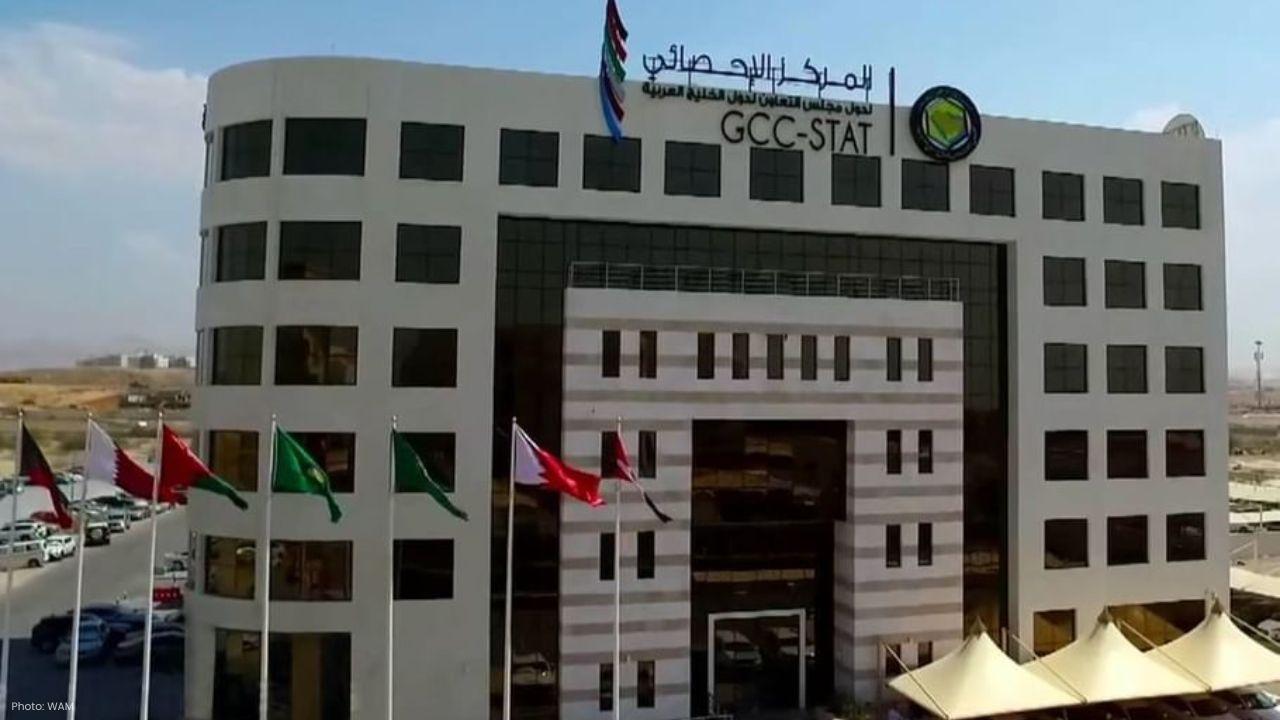
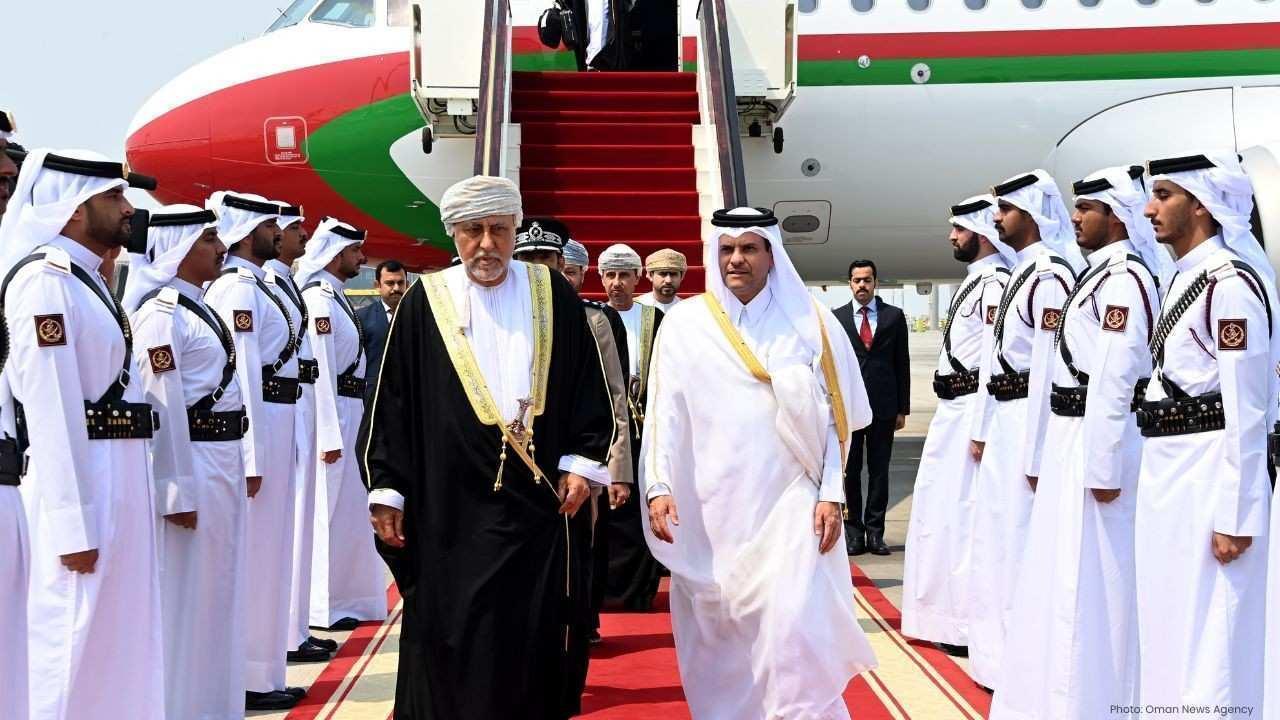

Senior Finance Official Dies In BMW-Motorcycle Accident In Delhi
Navjot Singh, a senior finance official, dies in a BMW-motorcycle crash in Delhi. His wife is critic

OpenAI Grove Program Helps Early AI Entrepreneurs Build Ideas
OpenAI introduces the Grove program to help early-stage entrepreneurs explore AI ideas with mentorsh
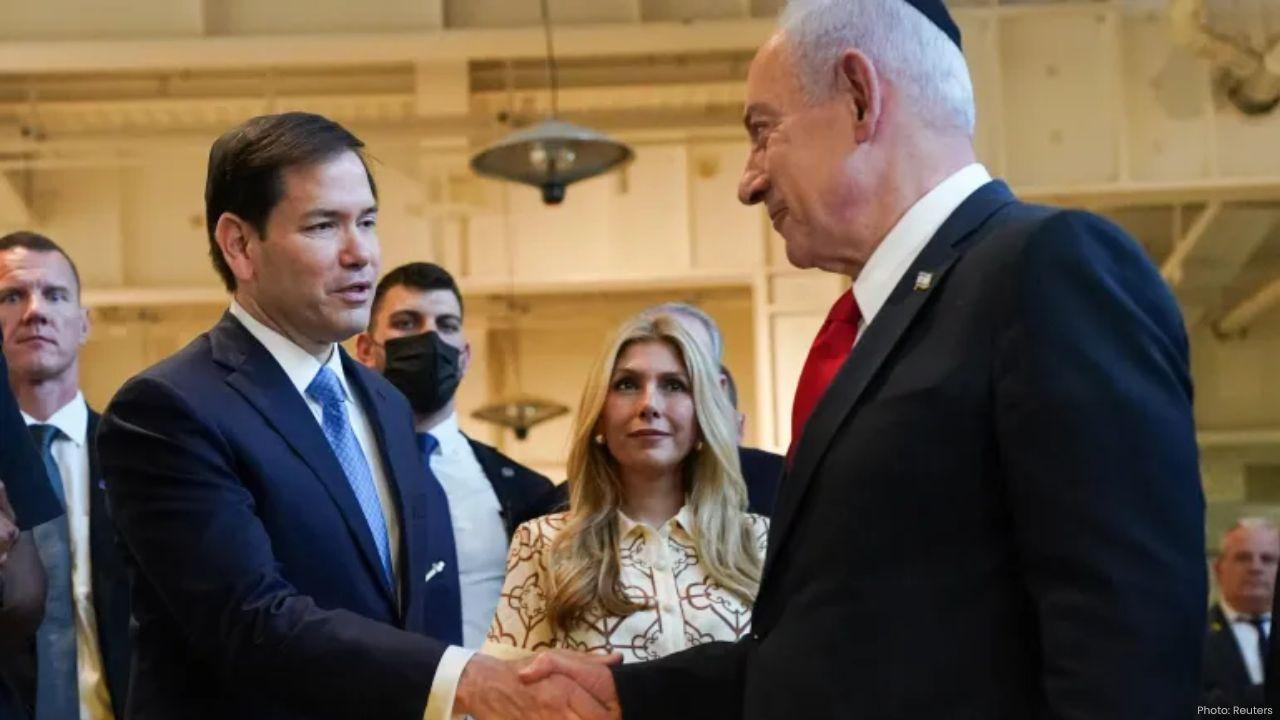
US Secretary Rubio Visits Israel After Qatar Strike And Gaza War
US Secretary of State Marco Rubio meets Netanyahu in Israel after the Israeli strike on Qatar, discu
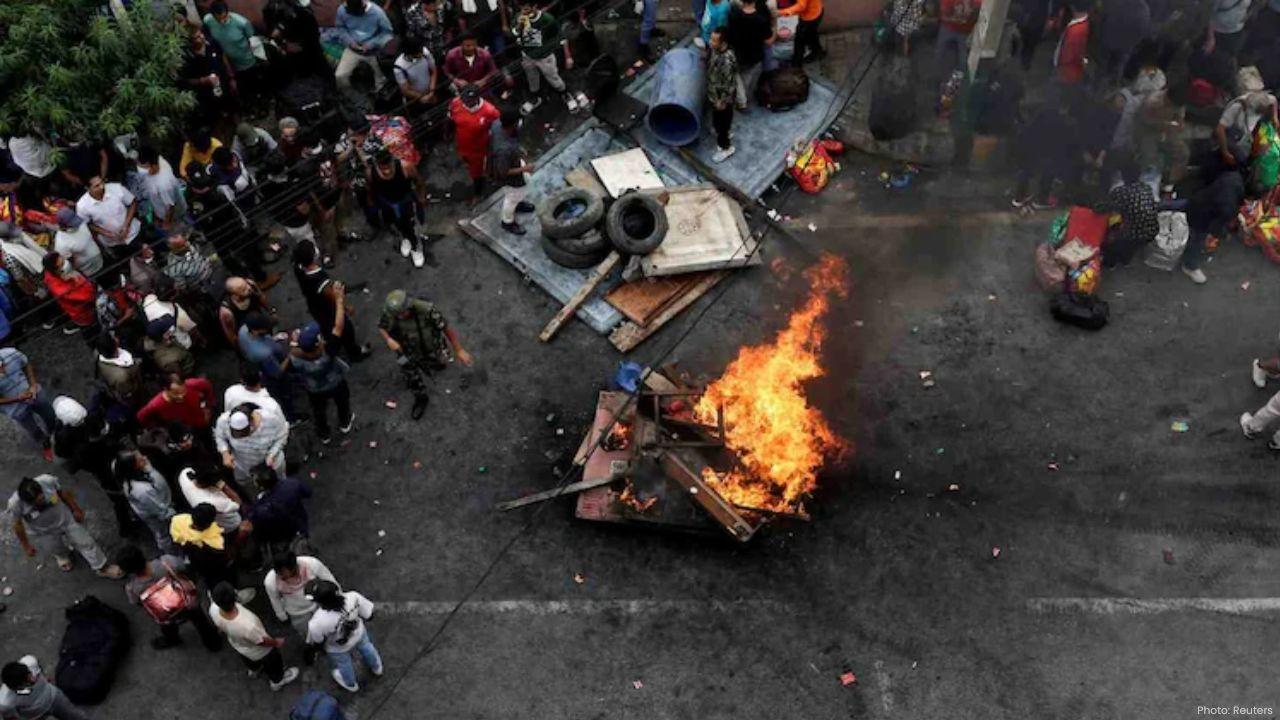
Nepal Youth Lead Deadly Protests That Topple Government
Violent youth-led protests in Nepal force government change, as citizens demand transparency, fight

Indian Woman Walks Alone At 2.37 AM In Dubai Praises City Safety
Indian woman shares video of walking alone in Dubai at 2.37 AM, praising women’s safety, freedom, an

5.8 Magnitude Earthquake Shakes Assam India No Immediate Damage
A 5.8 magnitude earthquake hit Udalguri in Assam, India, causing tremors across the region. Resident